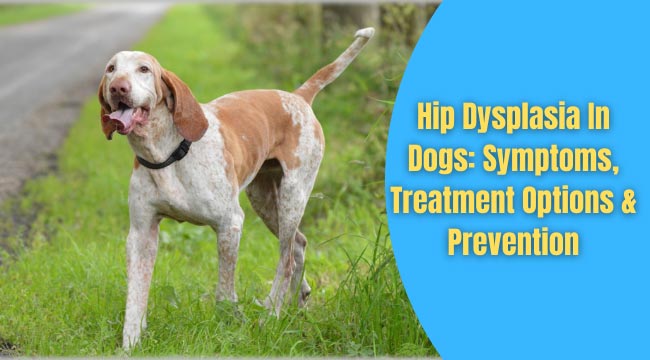
People often think that cardiovascular conditions are problems only humans have to deal with. This is certainly not the case. Poor diet and lack of exercise can cause our canine pals to develop these seemingly-human health conditions. Even if your dog gets a balanced diet and plenty of daily exercises, it’s not completely out of the woods.
Life-threatening conditions such as congestive heart failure can be genetically passed on and oftentimes they are not preventable. The only thing you can do is to hope that you detect the problem early on and seek proper medical assistance.
What is Congestive Heart Failure?
Congestive heart failure is not a disease by itself. In fact, it’s a cardiac condition that’s caused one of many types of cardiac diseases. It’s when the heart struggles to pump the required amount of blood. This results in heightened blood pressure and can eventually cause fluid accumulation in the lungs. The symptoms of CHF usually are subtle. Perhaps the most common being lethargy. The lack of oxygen in the bloodstream can accelerate breathing and cause the pet to feel lethargic.
It’s Often Detected By Accident
Symptoms of CHF in dogs are usually common health signs that can be associated with a long list of other diseases. These range from coughing and general lethargy to more concerning symptoms such as sudden collapse.
In most cases, its detected when pet parents bring in their dogs to the clinic for a seemingly trivial health problem. Routine tests such as EKG and chest X-ray can help vets diagnose CHF in its early stages.
Treating Congestive Heart Failure in Dogs
Treating congestive heart failure in dogs is usually done non-surgically. The types of drugs administered depends on the symptoms and the progression of the condition. For example, if there is fluid build up in the lungs vets may prescribe diuretics. Prescribing Vetmedin for dogs with heart congestive heart problems is also a common practice. This is a safe drug that helps in the contraction of the heart muscles and opens up restricted vessels. However, it’s important to realize that in a lot of cases vets can only extend the life of the pet or ease the symptoms. Following are 2 drugs that are commonly used to treat CHF in dogs. These are by no means the only drugs prescribed, but they are commonly seen in almost all treatment plans for congestive heart failure in dogs.
Inodilator: Vetmedin for dogs is an inodilator that reduces the stress put on the heart muscles. It achieves that by opening up the blood vessels and reducing blood pressure. These oral tablets are available in different dosages right from 1.25mg for small pets to 10mg for large dogs. Vetmedin is a chewable tablet that’s pretty easy to administer.
ACE Inhibitor: ACE inhibitors is a category of drugs that are responsible for dilating the blood vessels. These are one of the most commonly prescribed drugs to treat heart issues in both cats and dogs.
Heartworms and Congestive Heart Failure
Heartworms is one of the many causes of congestive heart failure in dogs. Heartworms can be detected by specific antigen blood test and can be treated using oral medication. If you own a healthy dog, it’s important to administer routine heartworm preventives. In its early stages, heartworm can be completely eradicated. This means prevention and treatment of congestive heart failure caused by heartworms may be possible.



